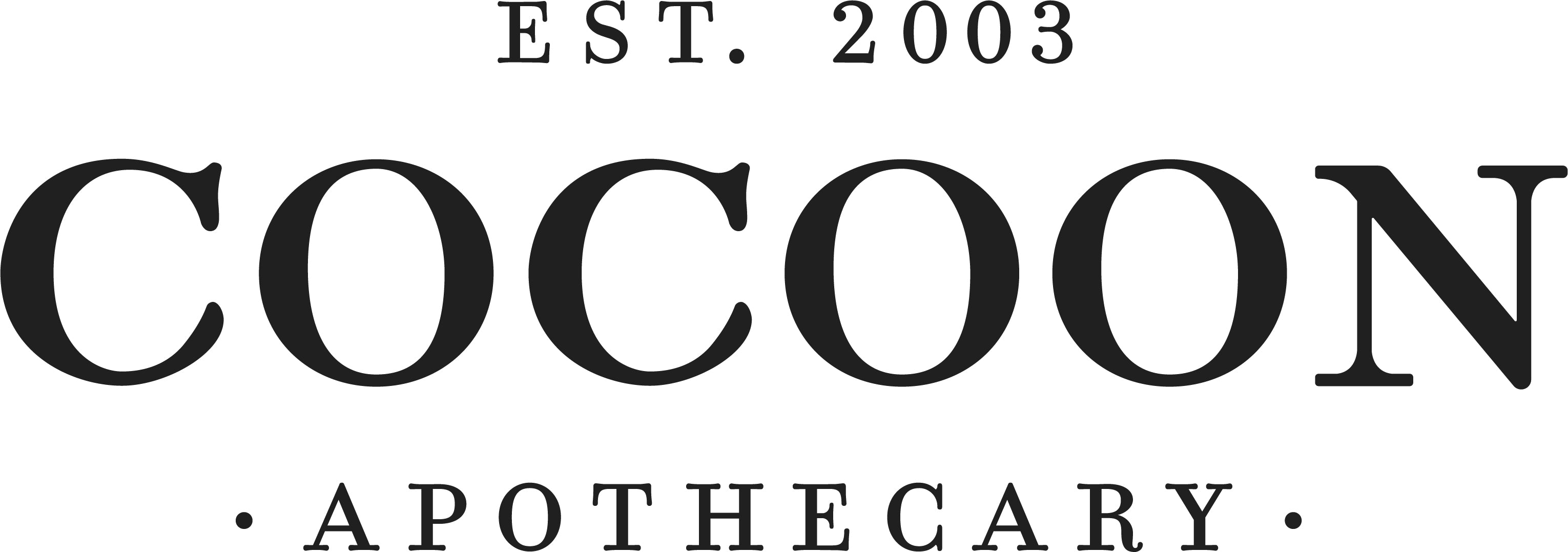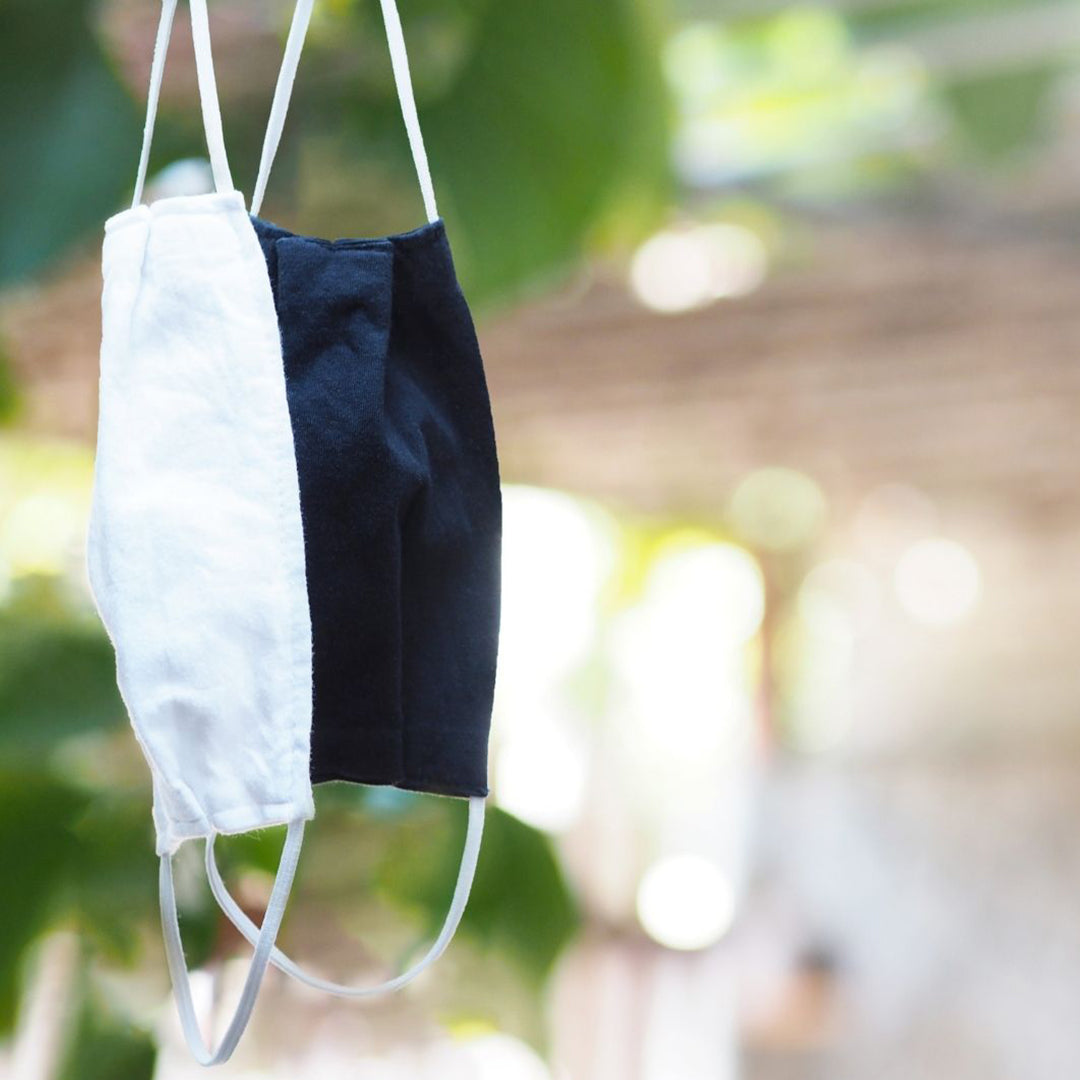Wearing masks has become our new normal and for many so has the skin irritation and acne that comes with it. The pesky breakouts that appear around your mouth and nose after wearing a mask for a period are known as maskne or acne mechanica.
Contrary to what you think, Maskne Is Not New.
It has always been around, although under the radar. Professionals whose jobs require them to wear masks will tell you that maskne has always been a thing. Expectedly, it is getting widespread recognition now.
For some unknown reason, women aged 20 – 60 are more likely to have maskne (hormones, we are suspecting you).
How Can My Mask Give Me Acne?
When you talk or breathe while wearing a mask, sweat, saliva, oil, and nasal mucus get trapped. The hot air creates a humid environment for pathogens to grow. Friction between your face and your mask can cause micro-tears —the micro-tears permit more effortless movement of dirt and bacteria into your pores, causing the vicious acne cycle.
An increase in the level of microorganisms and friction caused by your mask may cause rosacea, acne, and a condition known as perioral dermatitis. The breakouts may appear in the form of blackheads, whiteheads, or cysts.
Why Is My Maskne Getting Worse?
If you are disappointed despite taking steps to curb your maskne, here’s what might be wrong;
Your moisturizer may be too heavy for your skin
Facial creams are ideal for preventing friction between your face and masks. However, if they are too thick, your condition may get worse.
Your sunscreen and makeup may be too heavy
Makeup on its own is like a mask. Now, imagine wearing a MASK on a mask. Bet your pores will cry for some air. Ditch your foundation.
Your mask’s fabric
Some mask fabrics may irritate your skin, especially if they have been pre-treated with formaldehyde chemicals, while others may not allow your skin to breathe. Go for masks with breathable fabrics that can filter the virus.
Can I defeat Maskne?
Luckily, you can defeat maskne by adopting some of these skin-friendly routines while using a mask.
Use Gentle Cleansers
First, wash your face with mild cleansers like the Petal Purity Milk Cleanser or Sweet Orange Gel Cleanser. Avoid cleansers with irritants or potent ingredients.
Exfoliate and Spot Treat
Gentle exfoliants help to slough off dead skin cells which may have accumulated debris. We recommend our Sweet Orange Exfoliating Gel Cleanser and Petal Purity Exfoliating Cleanser.
If your maskne flare up is visible or agitating, you should carry out spot treatments by using our Spot Dabber for Acne Prone Skin which can purify and balance the area.
A weekly mask treatment can help to exfoliate and clarify the area. Our Ancient Mud Facial Mask deep cleans skin with ultra-fine clays.
Opt for a gentle moisturizer
When treating maskne, you should use a moisturizer that protects your barrier while soothing and hydrating skin such as Rosey Cheeks Facial Cream or Orange Blossom Facial Cream.
Wash your fabric mask
If you are using a fabric face mask, it is vital to wash it after every use. Wash your fabric masks with mild, fragrance-free detergents to minimize the occurrence of a breakout.
Masks are essential for our safety, but lack of proper care for your mask and skin can lead to breakouts. Adopt the right skincare practices during these mask-wearing times, and your skin will thank you for it.

